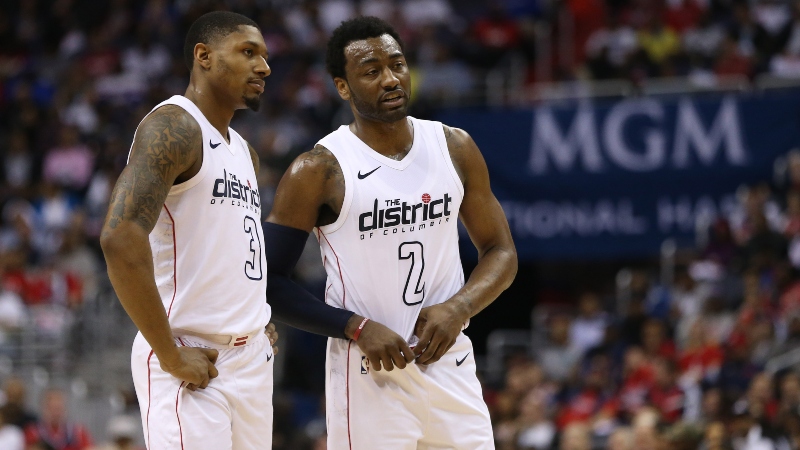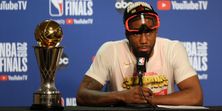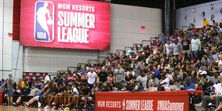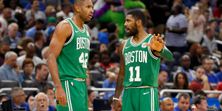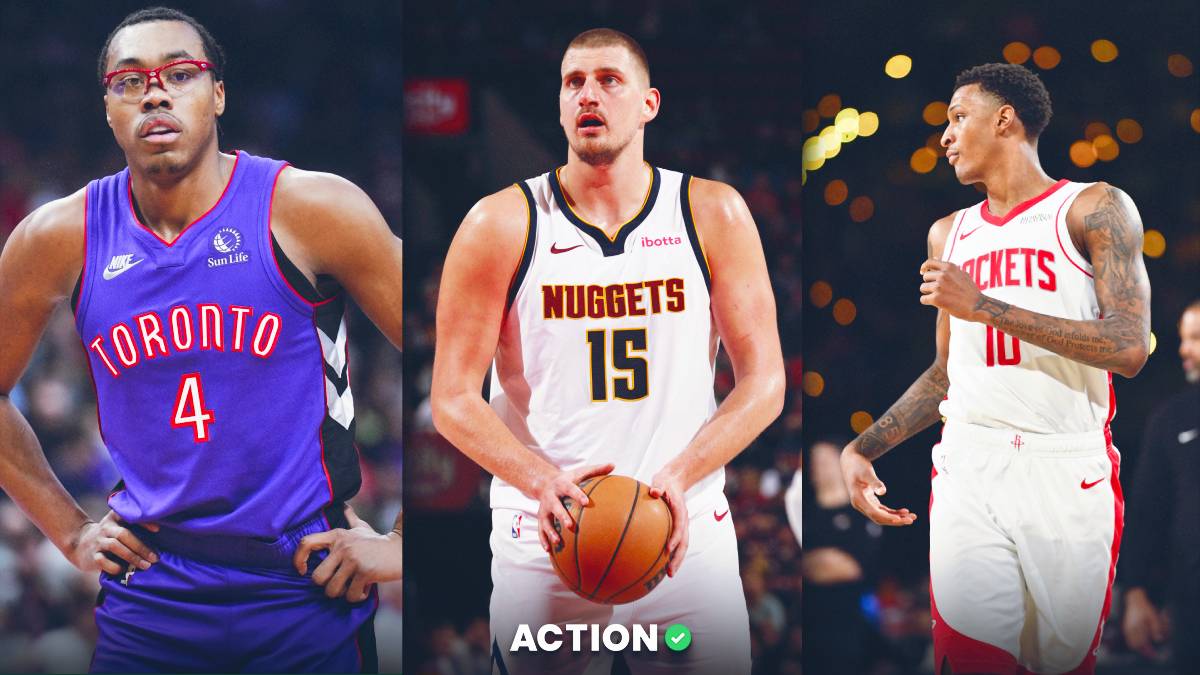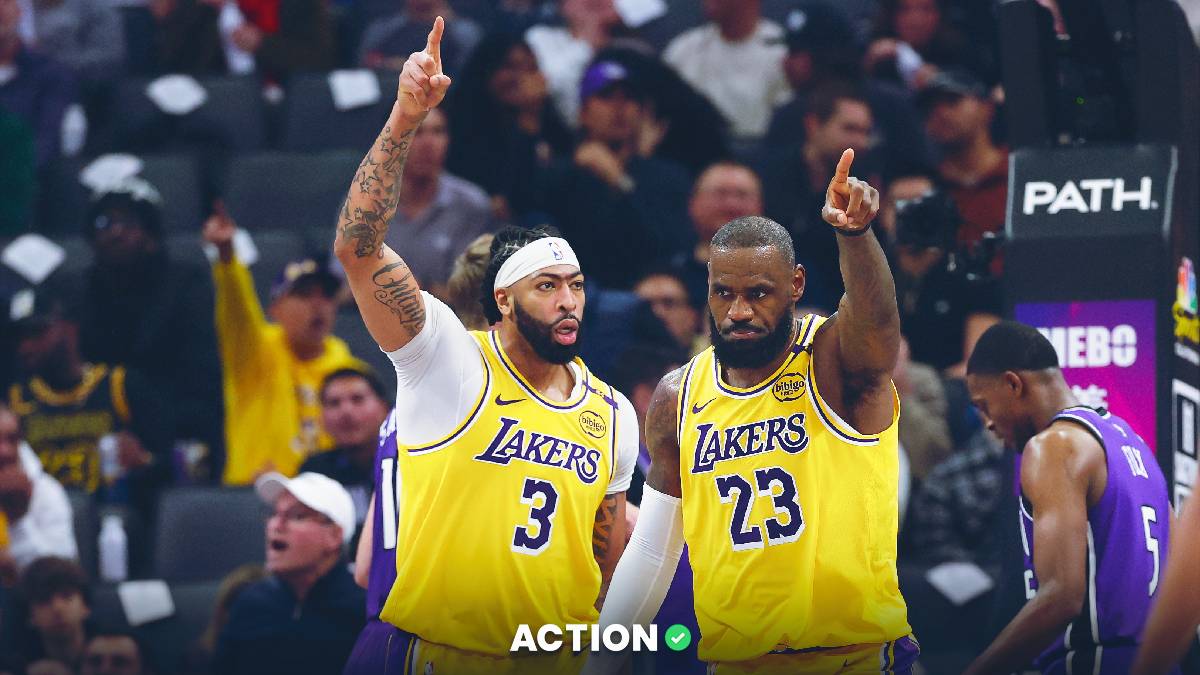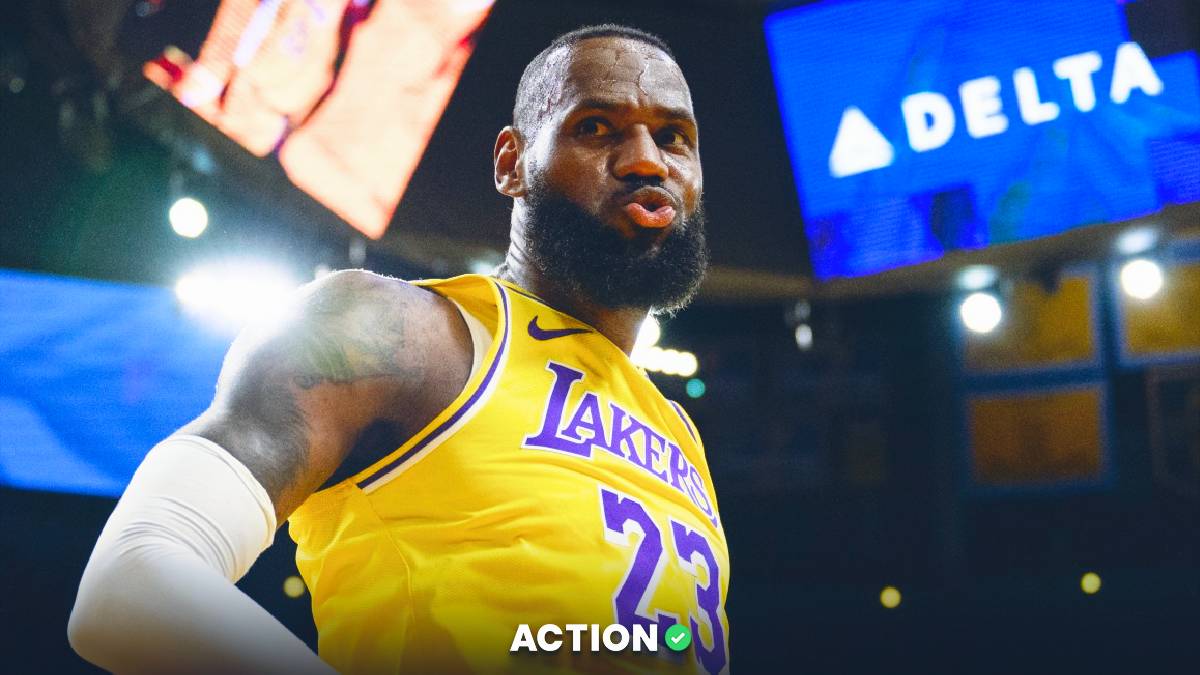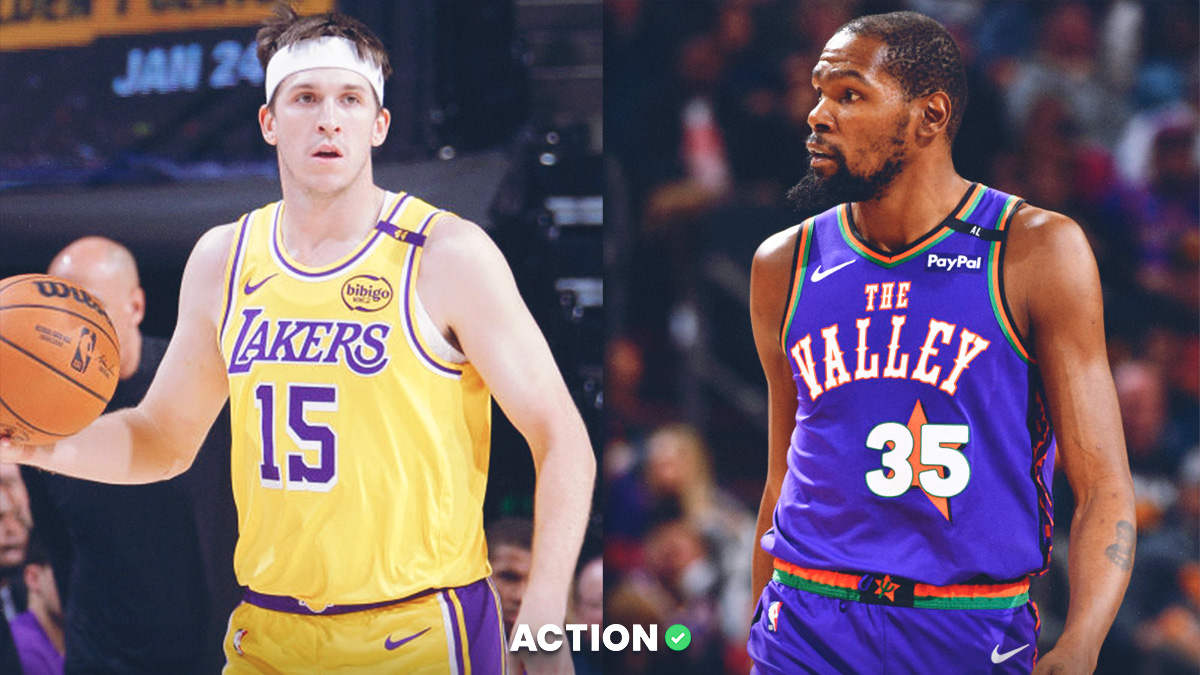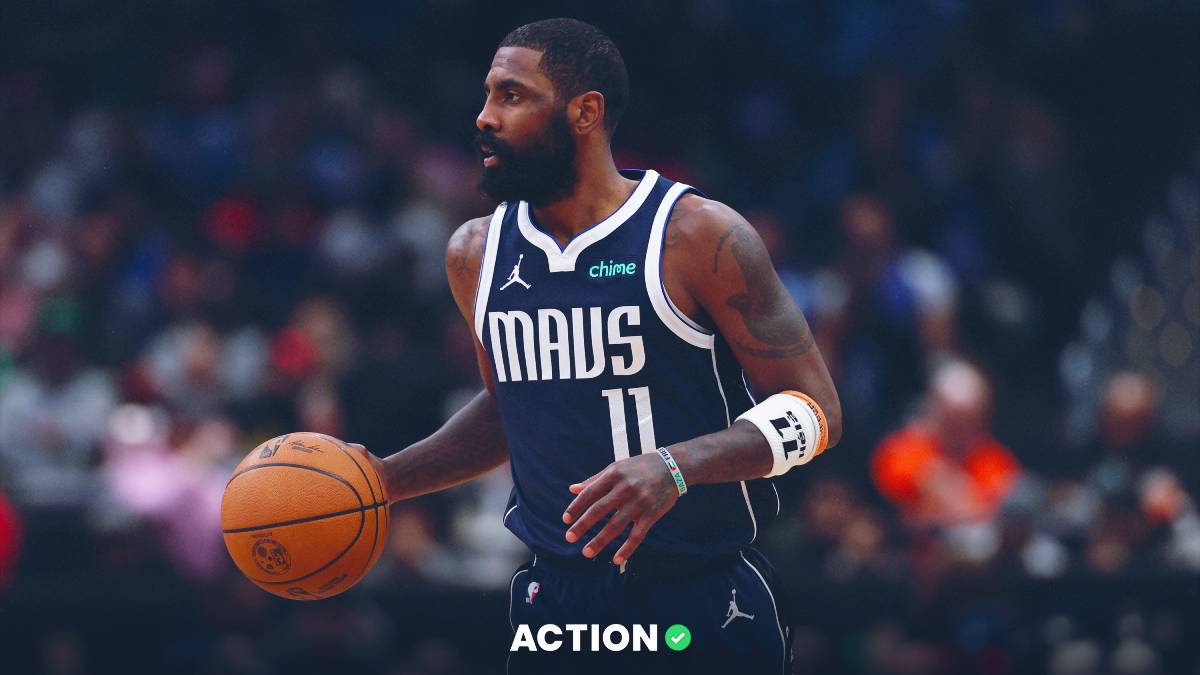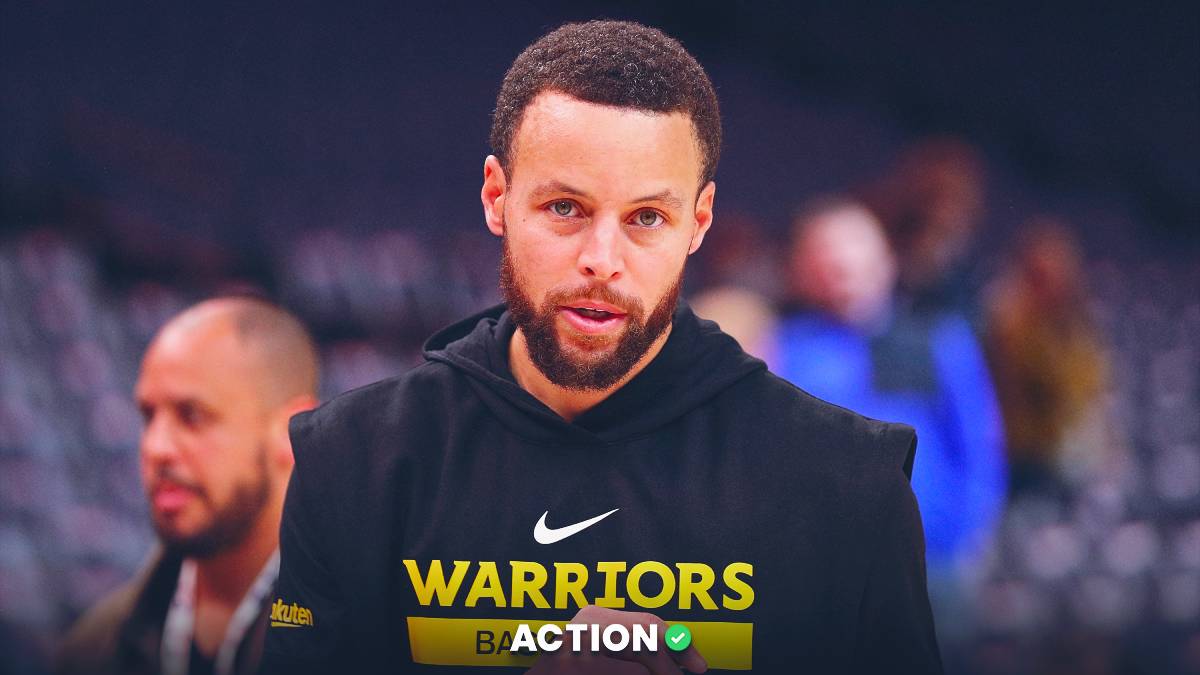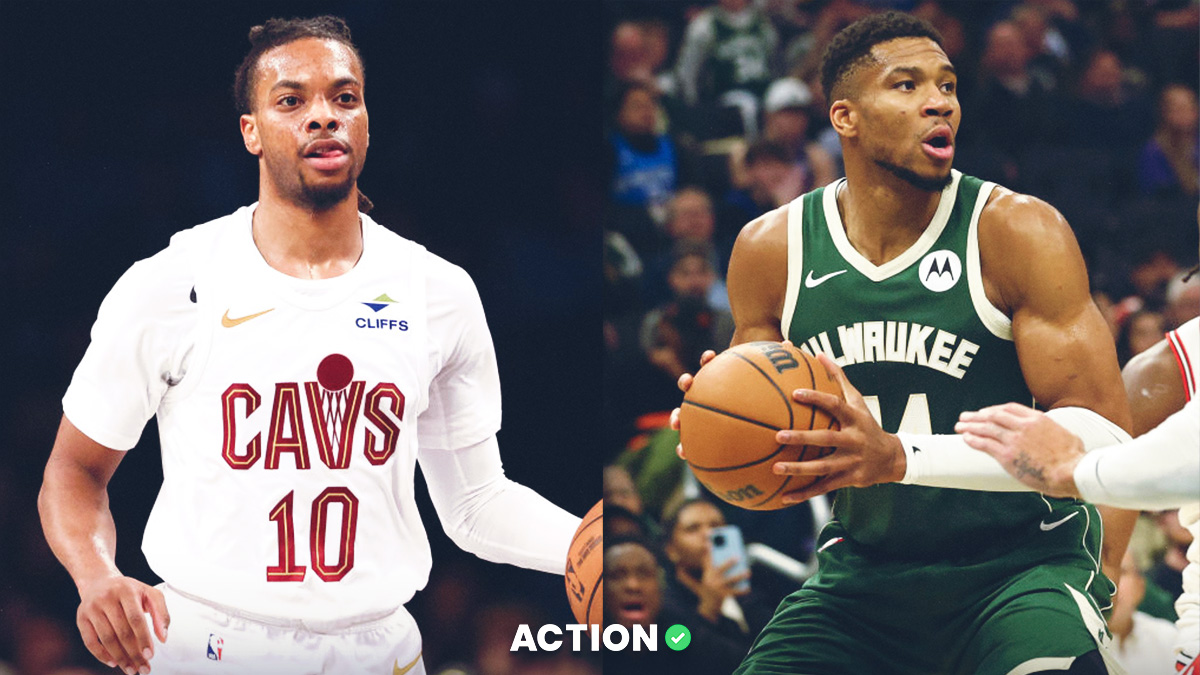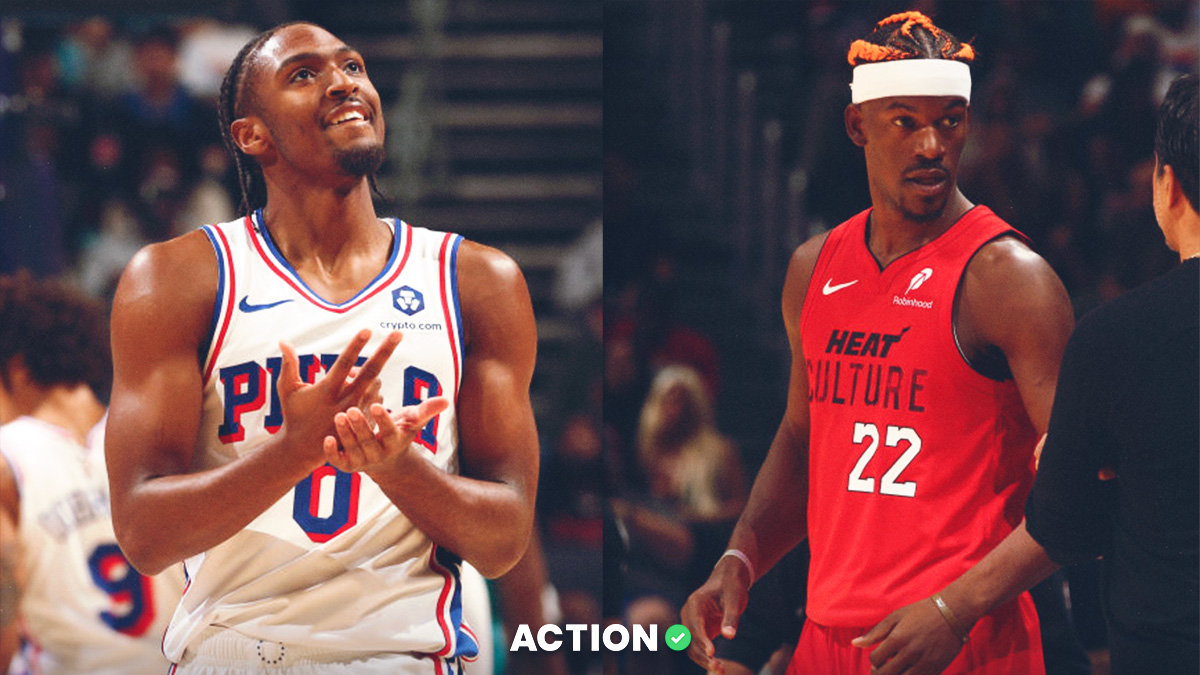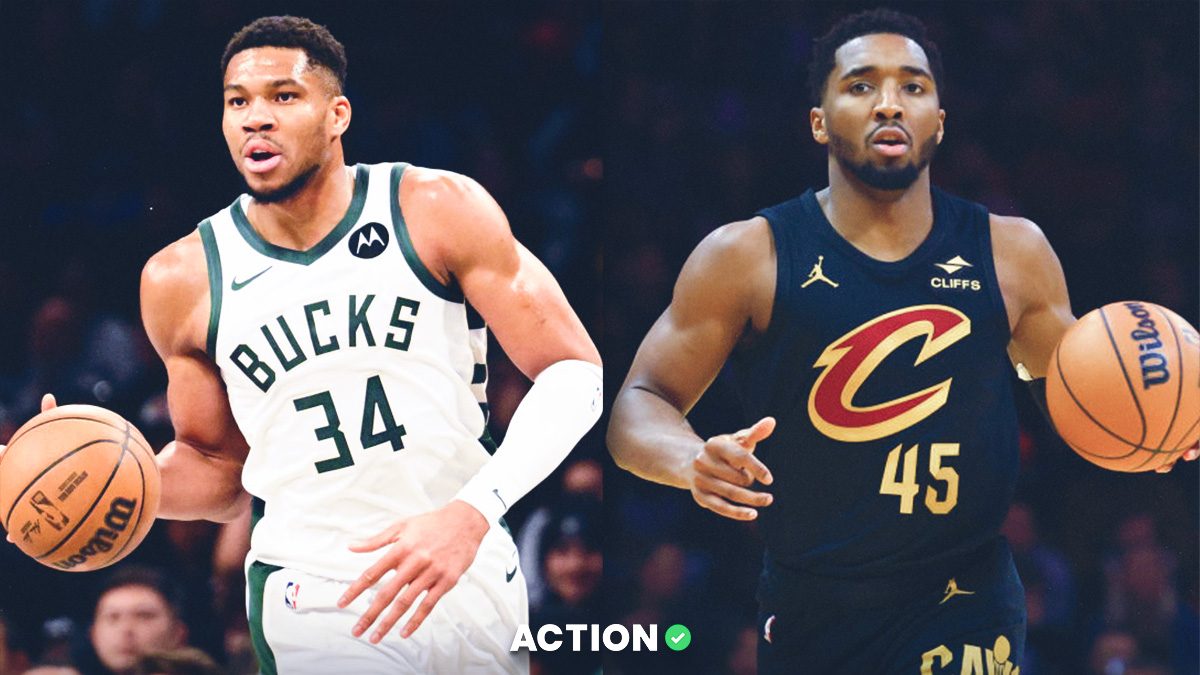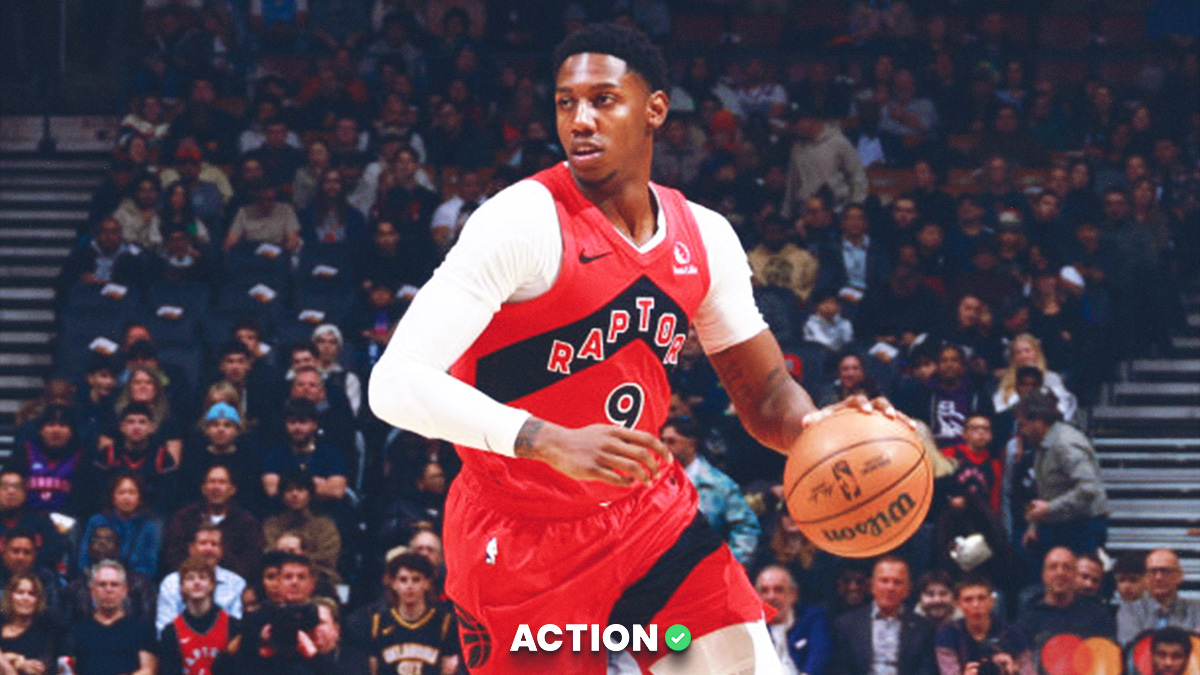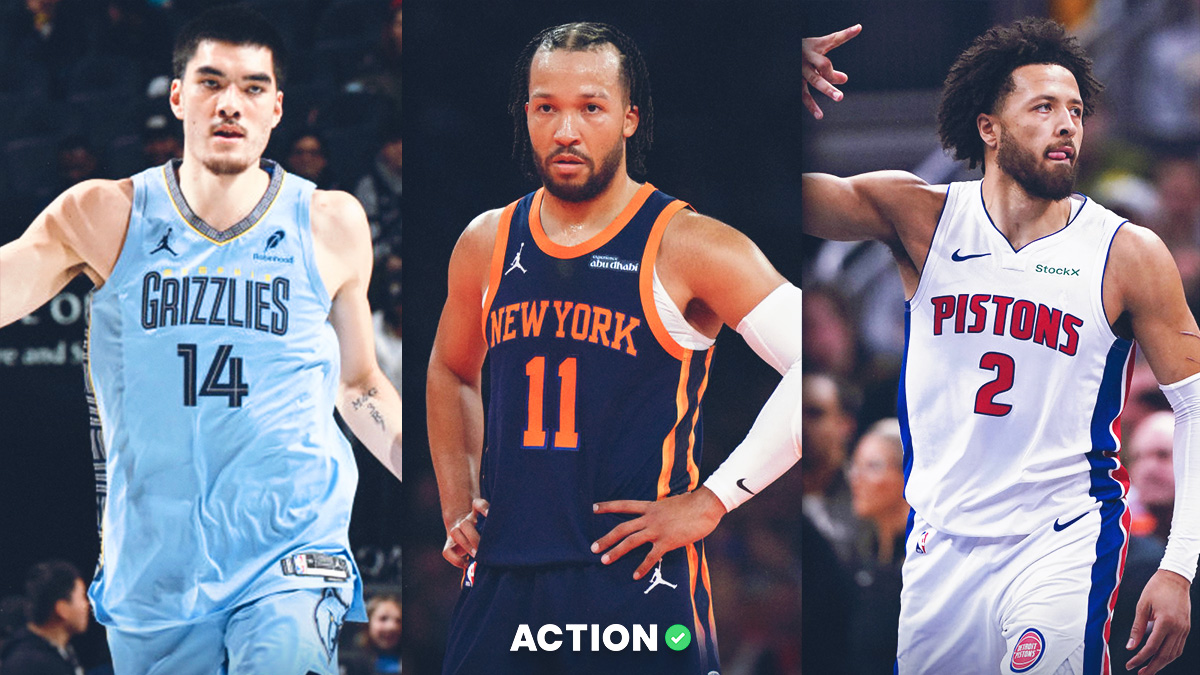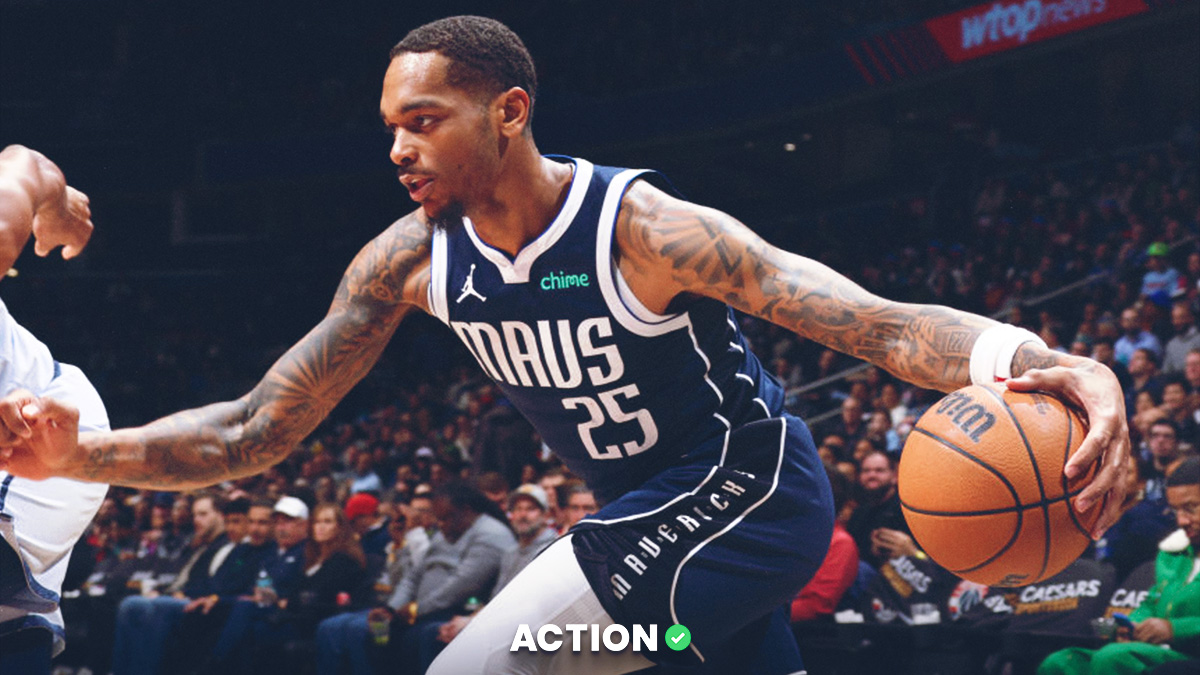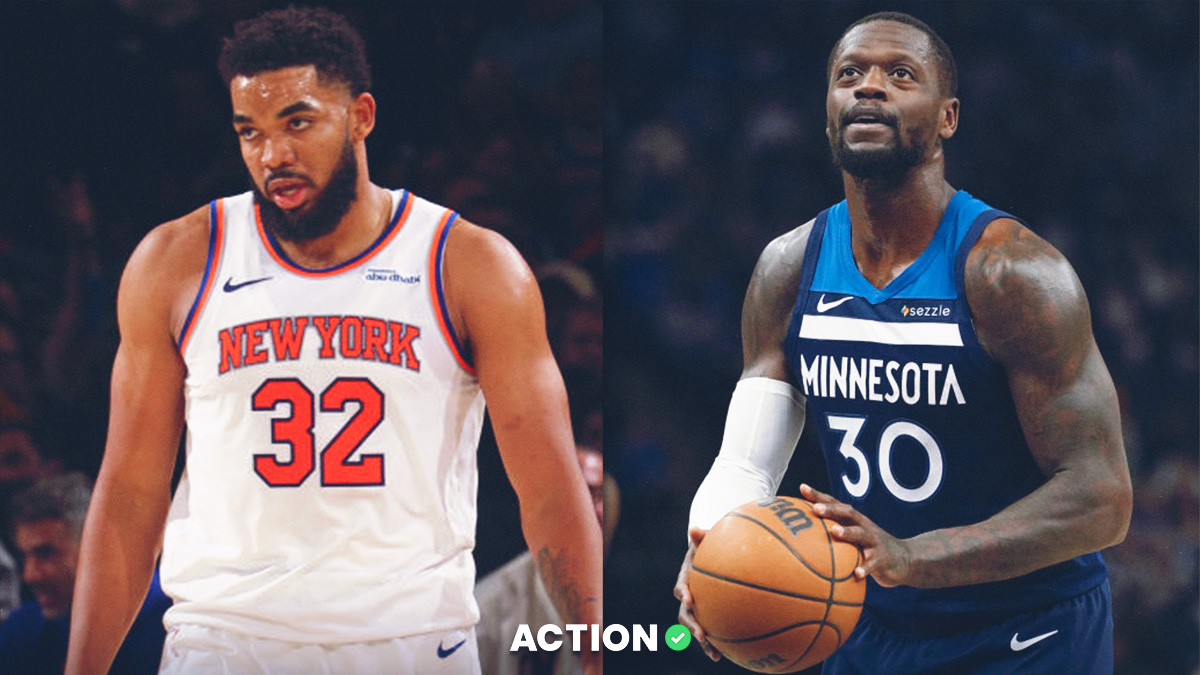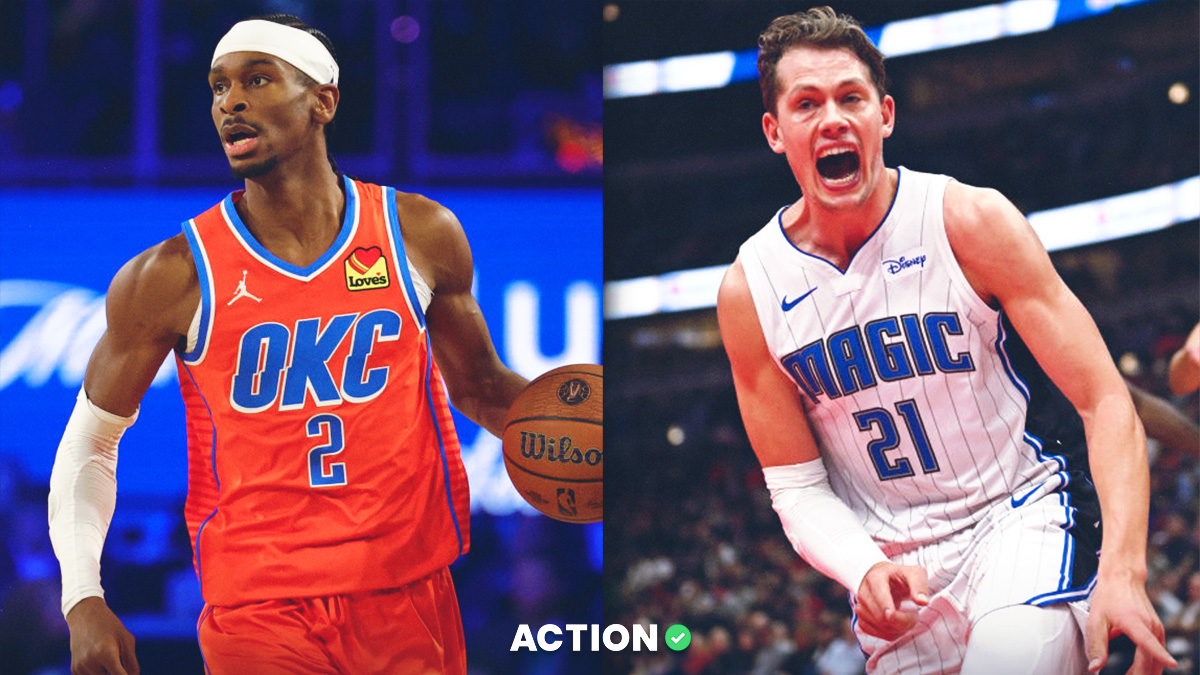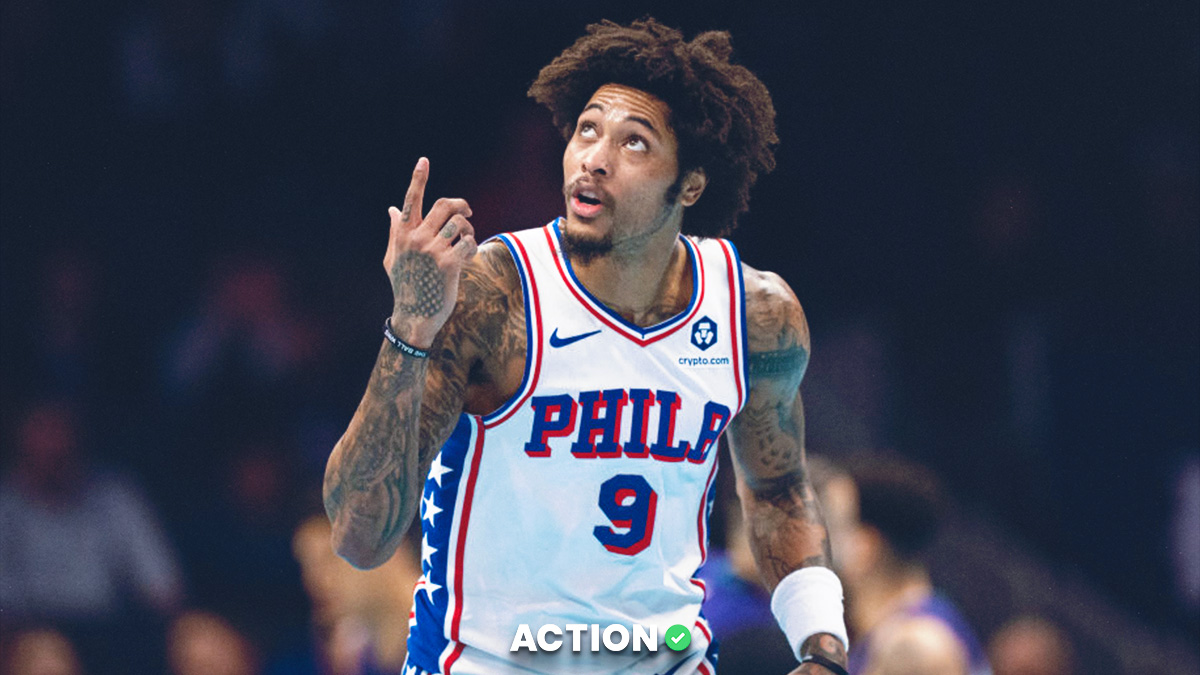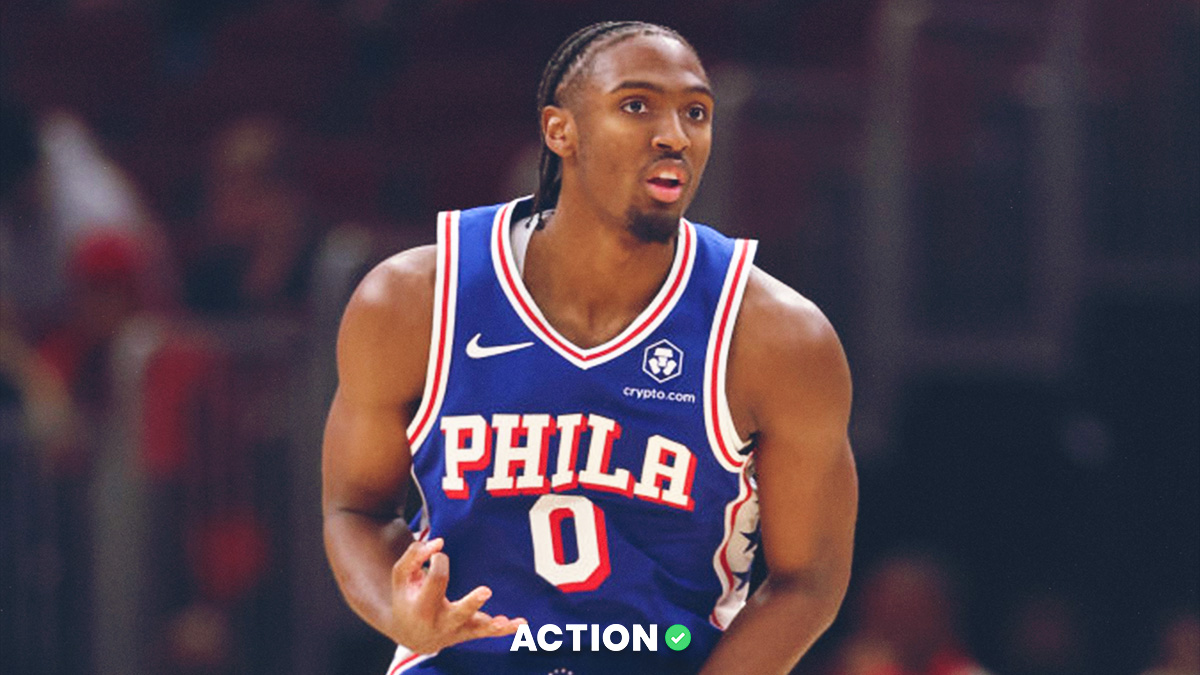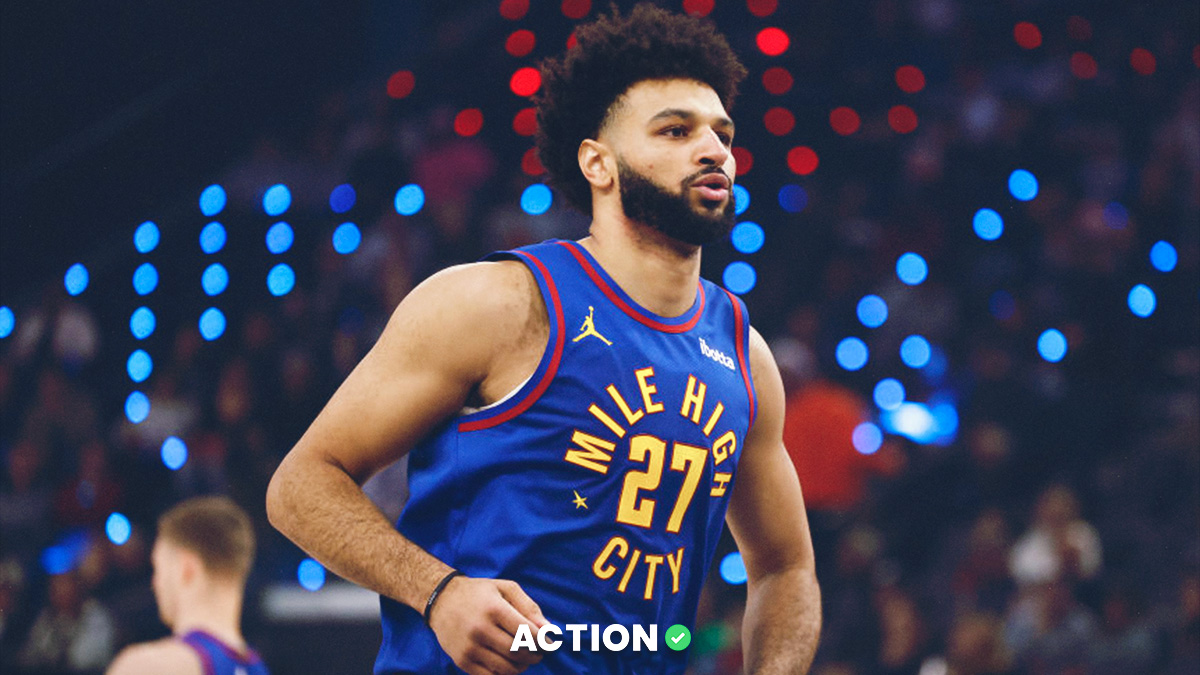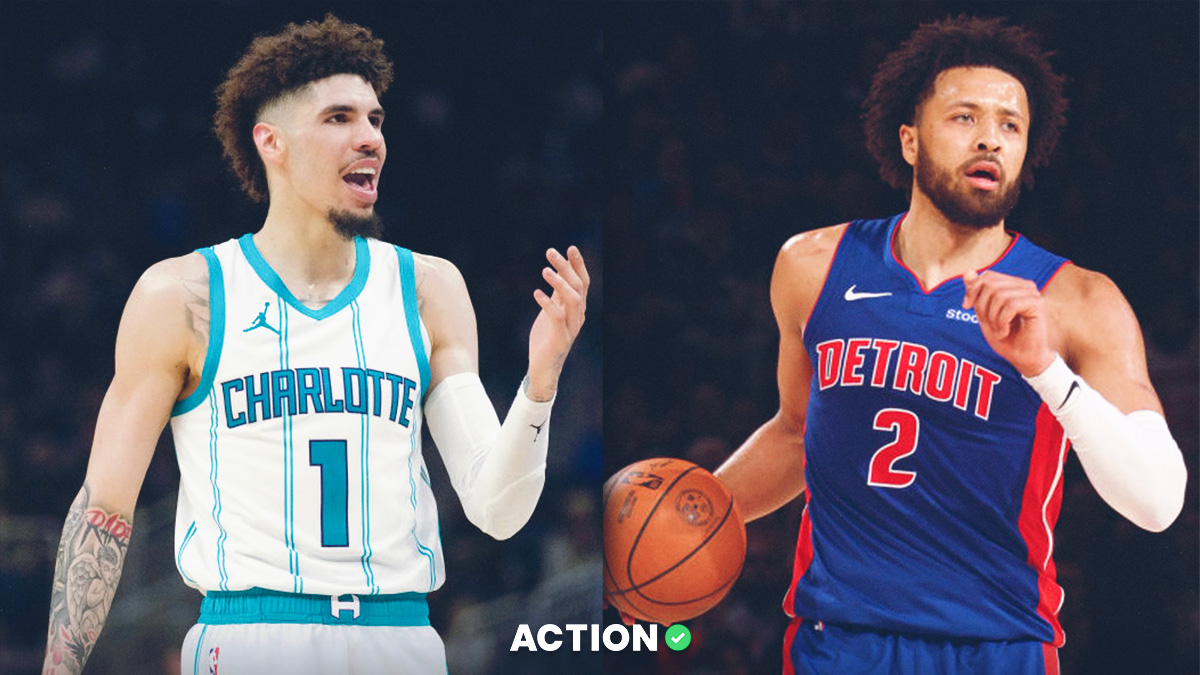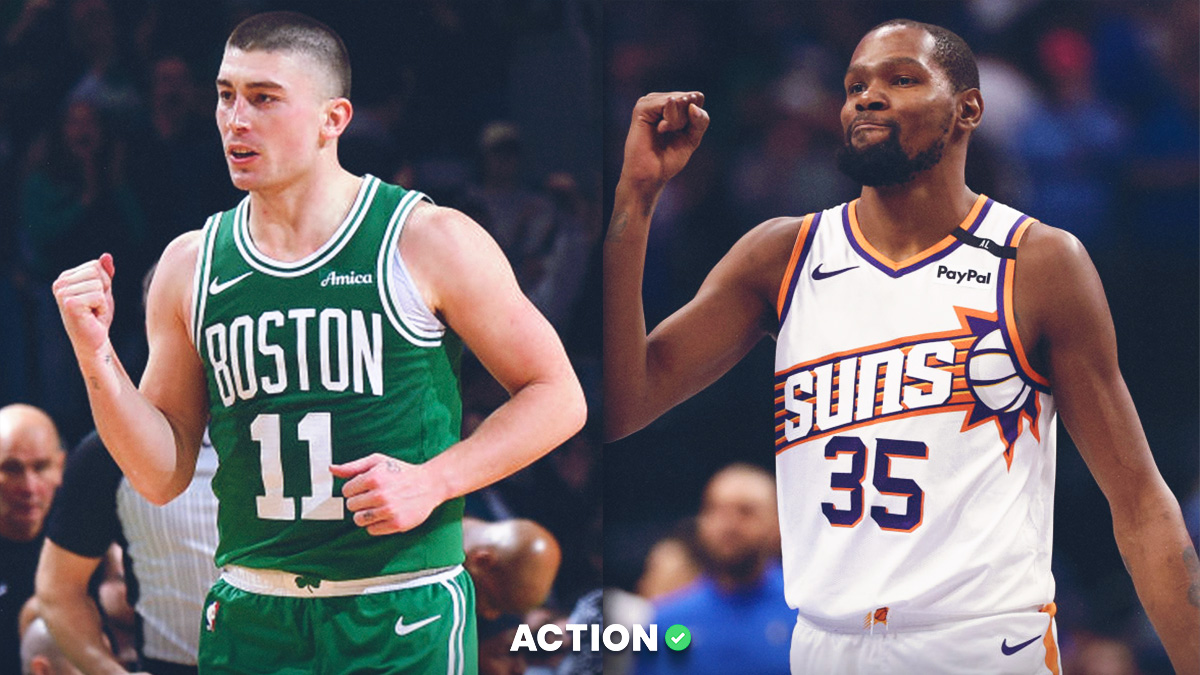The Wizards' cap sheet is eating itself.
Washington lost Tomas Satoransky, Bobby Portis, Jeff Green and Trevor Ariza in free agency, and its cap sheet is still at $115 million. The Wizards have five players on guaranteed salary for 2020-21 at — let me just check Early Bird Rights here — oh, that's right, $96 million with only an estimated $20 million in cap space.
Things alleviate after that with only $67 million on the books in 2021-22, but $44 million of that is tied up in John Wall.
Let's talk about Wall for a second.
Wall's going to play basketball again at some point. He will not play at a level that is in line with $44 million per year, but that's neither his fault nor the Wizards'. They paid their best player the most money they could to keep him to try and win.
That's become the poison-tipped spike trap that non-mega teams find themselves in. They can't pay anyone — even their franchise stars — that money and compete, and if they don't pay them that money, they'll leave for those larger markets.
The best story would be for the Wizards to tank their faces off, trade Bradley Beal for multiple role players and picks, Wall comes back surprisingly good and they wind up making a playoff run. It doesn't seem likely, but then Wall suffering a ruptured Achilles falling in his home after heel surgery didn't exactly pop off the probability chart, either.
Unfortunately, that's the only path for them to be able to improve the roster. It's why they tried to get Tim Connelly and later Masai Ujiri to take their President of Basketball Operations position: They need a maestro.
The thing is, Connelly thrived by finding an unlikely black swan in the second round in Nikola Jokic and built slowly from the ground up through the draft in a low-pressure market. Ujiri was planning on a rebuild after trading Rudy Gay, and then suddenly six years later he traded DeMar DeRozan for Kawhi Leonard.
There's no actual reason to believe either would do better than Tommy Sheppard, who is well respected around the league. The job is going to be painful no matter what.
The Wizards by all accounts are rebuffing every inquiry about Beal. They want to keep their (now) best player and build around him. That will mean giving Beal a max extension, which, you guessed it, will make it impossible for them to build the team and compete.
The cap situation devours the team and makes them bad, which creates the need to keep their good players, which creates the cap situation. Over and over.
It's why the only real way out for Washington is a trade of Beal for various parts. If someone will take Wall's contract, then sure, go for it. Every league source I've talked to has expressed skepticism about that, but it takes only one.
Trading Beal, however, solves a few problems. If you max Beal, even after he missed out on All-NBA and the supermax extension, you're not only having to get Wall back at 80 percent of his previous self — but you then have to try and fill out a roster around those two with no cap room.
And with Wall out until at least All-Star Break, from the jump you're looking at Beal being an All-NBA talent on one of the worst rosters in the league. You'd literally be wasting his prime, and the conversation would be constant about how you're doing so.
Conversely, trading Beal for a variety of assets at least resets the bar of expectations and the narrative, and it gives them flexibility for a long-term play. Without that move, their best-case scenario is mediocrity. Wall post-Achilles, Beal, Thomas Bryant, Troy Brown and Rui Hachimura is just not enough to contend for more than a 6-seed in the East. (Forget entirely about the West.)
But acquiring expiring, smaller, middle-term (2-3 years remaining) contracts that can be flipped later, along with a young prospect and a pick should be the goal. Beal will never generate the kind of return Anthony Davis did, but he's worth a C-level of that at least, and that would help spark a proper rebuild.
If Wall comes back better than expected, the Wizards would have the option of using assets gained from Beal to get another star, or trading Wall to boost the rebuild. They can get to a total reset under that plan and get to a near-total rebuild if they keep him.
The entire situation serves as a reminder of where the max contracts have gotten to and how they limit what non-superteams are capable of. The Wizards can pull themselves out of the hell that the new maxes have created for them, but they're going to have to stop eating their own tail first.


